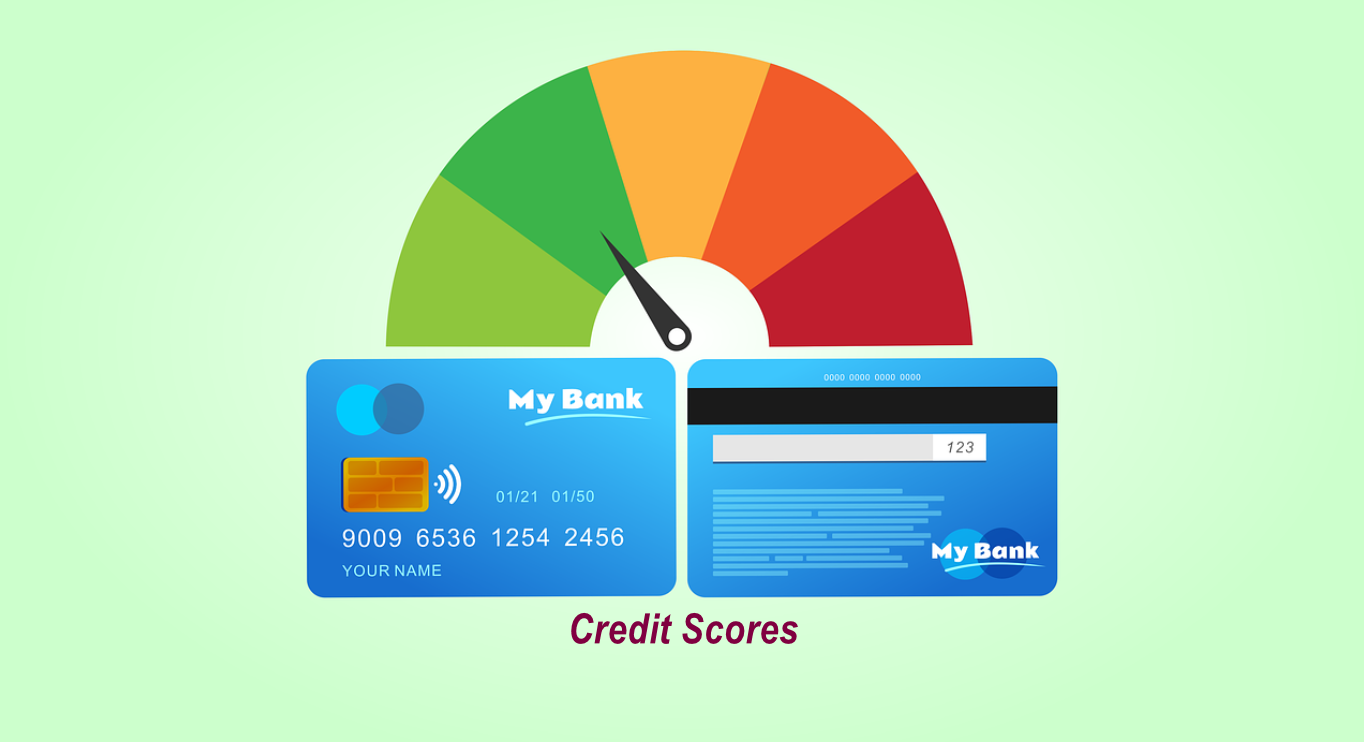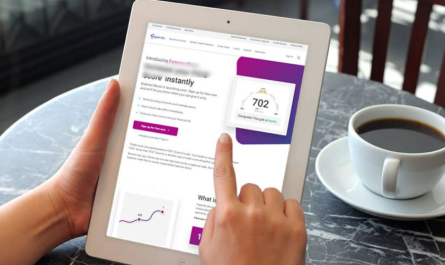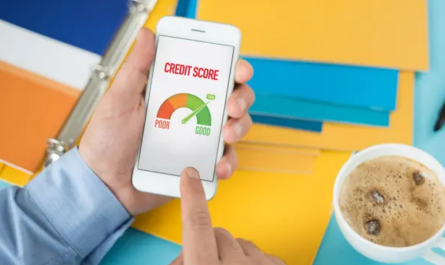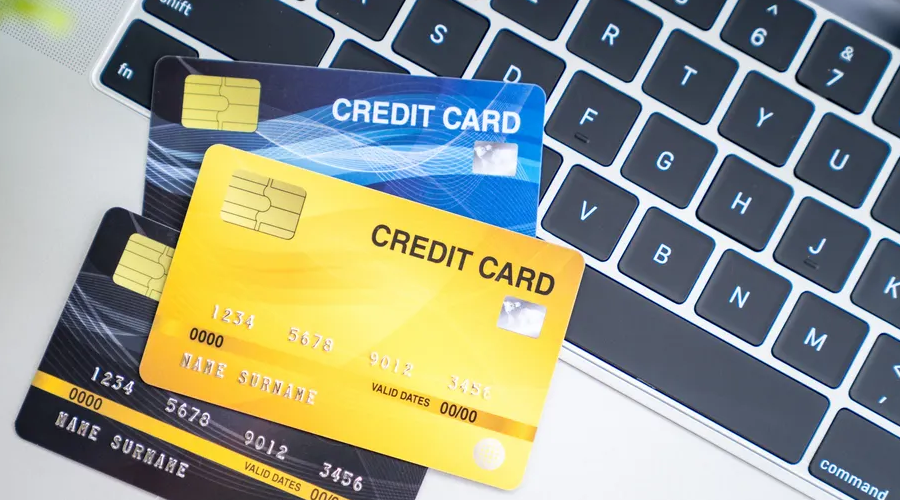Your credit score, as you no doubt already know, plays a significant role in your financial well-being. The value of a high credit score extends far beyond the ability to negotiate a low interest rate on a loan. It can affect anything from your insurance premiums to your ability to sign up for a home or cell phone data plan. Having access to your credit score can help you make informed decisions about your financial future. Credit ratings are becoming increasingly sought after by consumers due to their significance. As a result, there has been a rise in the availability of free credit report sites. Here’s the lowdown on them that you need to know:
Is Your Credit Report Actually free?
The first thing you should know is that free credit ratings are never to be trusted. There are a lot of caveats to using sites like FreeCreditScore.com. Some of these sites may offer free registration, but this is often a trap. Before they provide you with your credit score, they may try to persuade you into buying a “membership” or “credit monitoring” service.
The free credit score and trial period are highlighted by some of them. A credit card number is still necessary for them to process your payment. After the free trial period ends (which is generally rather brief), payment information is collected. They bank on you forgetting to cancel before your trial period is up. When that happens, it’s too late to get your money back.
Cancelling isn’t always a breeze, either. In most cases, cancelling requires a phone call rather than a simple click of a button. There may be a way to cancel your subscription online, but it may be buried deep within the website. That you’ll conclude that “man, all this effort really isn’t worth it for a $4.99 per month fee.”
How “official” is that credit score?
Your next concern should be whether or not the credit score you obtain is in fact your “official” FICO score. The FICO score is still the most popular choice among consumers. It’s the one most likely to be used by creditors when deciding whether or not to extend credit to you.
However, a legitimate FICO score isn’t something you’ll get from most free services. It’s up to them to do the math. The score you receive may or may not be the same as the score used by the three major credit reporting companies. Some of these sites are actually free; no special codes or credit card information are needed. Free credit scores are available from a variety of sources, including Quizzle, Credit Sesame, and Credit Karma. But keep in mind that the numbers they give you may not be identical to the ones lenders use to determine your creditworthiness.
A Lender’s Use Score Is Not Available to you
You can use these resources to keep tabs on your overall development. However, there may be as much as a 20-point discrepancy between your free site score and your genuine FICO score.
Sites that ask for your credit card data in exchange for a free trial often don’t have access to your “official” score. Your FICO score can be purchased at MyFICO.com if you’re serious about finding out where you stand financially. The FICO score provided to you is the “consumer” score, not the version used by your lender.
Verifying one’s credit rating
The Value of Obtaining a Free Credit Score Still remains. However, even truly free websites can be quite useful. CreditSesame is one such website where I have a free account. Even though I don’t put too much stock in my credit score, I also don’t disregard it. In addition to keeping an eye on my FICO score, I also keep track of this number on a regular basis.
I take a quick look at my standing once a month. If it decreases by a large amount, I know I need to investigate what went wrong with my credit. Perhaps I recently applied for a new loan or credit card or paid off an old one. Keep an eye on your credit report on a regular basis to check for errors or other discrepancies.
Don’t Stress Out Over The Precise quantity
Is it hopeless to try to use a free credit report online, then? Yes, somewhat. You can’t access your myFICO score without paying a little fee. But even if you do pay them, you may not receive the exact score that lenders use to determine loan eligibility.
But you shouldn’t worry too much about your credit score. That’s because the score is calculated using information from your entire credit report. If your credit history is spotless, your score will be excellent. Credit scores also fall within a range. Don’t worry if your score went from 770 to 755. You’re still within the same margin of error.
Consider Your Credit Report instead
One of the most crucial things you can do for your financial well-being is to maintain a good credit rating. Your credit score is crucial in many situations. The fact that it’s so simple to break is even worse.
Pay attention to just your credit history if you want to build and keep a decent score. Some advice is provided below.
Always be prompt with your payments
One of your best options is to always pay on time. The most significant factor in determining your credit score is your payment history. It’s the kind of thing that can make or break you in an instant.
Paying on time is important for more than just your loans and credit cards. You must also keep up with all of your other monthly payments. While on-time payments to utilities and insurance providers won’t be included on your credit report, you can expect them to report any instances of late or missed payments. If you are more than 30 days late with a payment, it will likely be reported. Additionally, any outstanding balances that are forwarded to collections will Your score will drop rapidly due to these factors.
Make credit a small part of your overall strategy
A credit history may only be established through responsible credit usage. You should not incur unnecessary debt, though, in your pursuit of better credit. Instead, use credit cautiously and in context with the rest of your financial strategy. You must strengthen your willpower if you cannot give yourself credit. Use a credit card no more than once or twice a month for small transactions, and get one with a low limit. Last but not least, make sure to pay off your balance in full each month.
More often than that, I find it convenient to use my credit cards. They are budgeted for this year. Most of my usual spending is done with them. Then, at the end of each month, I pay off the bills. I’m saving money on interest and, at the same time, establishing a positive credit record. Bonus cash back is always a nice perk.
Limit Your debt
Building a good credit score takes a balanced approach. The only way to build credit is to actually use it. In order to spread out your credit history, it may be prudent to apply for a smaller loan, such as a car or personal loan.
But you should counteract that with something else. Too much debt might have negative consequences. An unhealthy level of debt might lower your credit score. When debt levels rise, it’s imperative that you take immediate action to eliminate them. A decent credit score can be attained by taking on some moderate debt. However, owing more money than you have coming in will lower your credit score.
Don’t Forget Your past
After paying off a credit card balance, you may feel compelled to destroy the card if you’ve ever struggled with debt in the past. You don’t have to terminate your account if you freeze or destroy your card. If there is no yearly cost, this is an even better deal. Leave it alone to gather dust in your sock drawer.
Cutting your credit history short by closing an old account will lower your score. When at all feasible, preserve the past. You should also avoid making too many new credit enquiries all at once, which might lower your score and shorten the average age of your accounts.
Review Your Document periodically
Each individual is entitled, per federal law, to one free credit report each year. For this reason, the three major credit bureaux—Equifax, Experian, and TransUnion—have joined forces to create AnnualCreditReport.com.
You should check all three reports once a year to make sure your credit is in good shape. Maintain vigilance for instances of error or fraud (and take appropriate action to rectify them, if necessary).
Better yet, spread out your demands over the course of four months. If you want to check your credit reports, you should do so at least once every four months (using Experian) and once every eight months (using Equifax and TransUnion). A year will have passed by the time the next four months have passed. The Experian report can be reordered at this point. By putting some distance between requests, you may rest assured that fraud and mistakes will be checked repeatedly.
Stick to a Budget
Maintaining financial discipline is the key to improving credit. Making a budget might help you control your spending and save for the future. Don’t rely on debt to get you through tough times; save up instead.
Prepare in advance to ensure you have what you need and establish a strategy for spending your money sensibly. The state of your finances and credit will improve.
In Conclusiveness
The free version of your credit score is unlikely to be the same as the one used by lenders. You might pay for it and still not receive it. Some of these sites, though, can assist you in keeping a general eye on things and monitoring your development.
Avoid providing any personal information to a site that seems to be free but in fact asks for a credit card. Stick with one of the truly free sites instead to get a feel for things. Keep in mind that the most significant factor is not a figure that can change for no apparent reason but rather your credit history.







